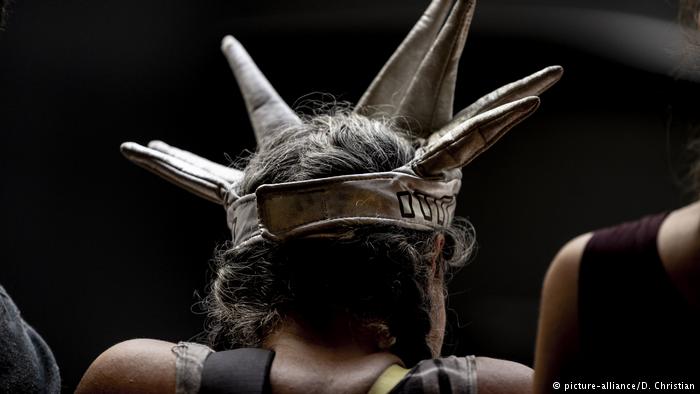Pakistani women join the #MeToo Campaign

Millions of women across the world have been sharing their experiences of sexual harassment and abuse in an online campaign using the hashtag #MeToo on Twitter and with rolling posts on Facebook. The hashtag has been trending in Pakistan too.
Hollywood mogul Harvey Weinstein is facing allegations of rape and abuse dating back decades. This has triggered a massive global response and women are using hashtag #MeToo to share their stories of being harassed or sexually abused. US actress Alyssa Milano relaunched the outpouring with a simple Twitter request on October 15 that women respond “me too” if they had been sexually harassed or assaulted.
Many women in Pakistan have also come out to share their stories. Journalist Humera Karim wrote on Facebook: “We need to become stronger, the harasser should be embarrassed and not the victim.’’ She believes that cowardice and weakness makes criminals stronger.
Women’s rights activist Gulalai Ismail wrote on her Facebook page: “When you live in Peshawar then facing harassment is a routine.” Peshawar is the capital city of Pakistan’s Khyber Pakhtunkhwa province, which is generally considered to be more conservative than other parts of Pakistan. Ismail was recently awarded the Reach All Women in War (RAW) Anna Politkovskaya Award alongside the late Indian journalist, Gauri Lankesh, for her work to empower local women.
There are many instances in Pakistan of ordinary as well as more high-profile women being harassed.
Male analysts and politicians appearing on television have been known to use derogatory terms for fellow female participants. Women such as the education activist Malala Yousafzai, digital rights activist Nighat Dad, women’s rights activists Gulalai Ismail, film maker Sharmeen Obaid Chinoy who have all received international recognition for their work are often accused in Pakistan of being Western agents. According to some estimates, roughly one thousand women are killed each year because they were thought “responsible” for bringing disrespect to their families by falling in love or marrying without the consent of their families.
Nighat Dad, an internationally known digital rights activist from Pakistan, expressed her feelings on her Facebook page:”Me too and countless times! First by a neighbor and secondly by a molvi [religious teacher] in mosque, he used to teach us Quran. I was in grade one. Still remember each and every bit of it and it continued….”
Journalist Faria Sahar pointed out why we should not discourage women who take their time and decide late to tell the world about what they went through. Sahar wrote:”I did not always have the courage to report it – so to those who it’s easy for a woman to point a finger it’s not.”
Social entrepreneur Naima Butt, who is based in the Pakistani metropolis Lahore, explained the daily life of an average woman in Pakistan: “Power manipulation and harassed by the gaze, words, mouth and what not…Stalked, manipulated, judged, threatened! “
Author: Beenish Javed
Editor: Anne Thomas
Beenish Javed can be followed on twitter at @beenishjaved
_____
WTO RECOMMENDS
#MeToo – Best Tweets
According to Huffington Post, more than 25.000 people have responded to Alyssa Milano’s call for sexual abuse victims to come forward. Here are some of the most retweeted tweets.
Patriarchy and religious extremism challenged by a Pakistani woman
Gulalai Ismail, a Pakistani human rights activist from the Swabi district of Khyber Pakhtunkhwa, was recently awarded the Reach All Women in War (RAW) Anna Politkovskaya Award alongside the late Indian journalist, Gauri Lankesh.
Pakistani women: Between glory and misery
A nation that can take pride in leading women in fields including politics, education and cyber security is ranked almost the worst for gender equality. DW’s head of Urdu, Kishwar Mustafa, explores this dilemma.






